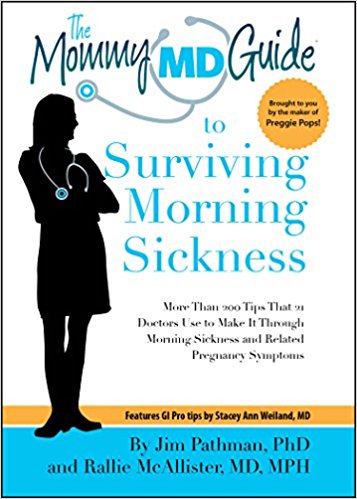When to Call Your Doctor or Midwife
November 28th, 2017 | Pregnancy

You know that feeling crummy is a small part of pregnancy, but if morning sickness is severe, your doctor may prescribe a medication or recommend taking a supplement. Here’s a list of morning sickness symptoms that warrant an immediate phone call to your physician or midwife.
- Vomiting blood or if your vomit looks like coffee grounds, which may be a sign of blood
- Persistent nausea that interferes with your ability to eat and drink throughout the day
- Nausea and vomiting that start after nine weeks of pregnancy
- Vomiting three to four times a day and not being able to keep food down
- Weight loss of more than two pounds
- Urinating much less often or much more often than usual
- Abdominal pain or tenderness
- Fever
- Fainting
- Dizziness
- Rapid heart rate
- Severe headaches
- Confusion
- Extreme fatigue
- Swelling in the front of your neck, which could be a sign of an enlarged thyroid gland
- Feeling very thirsty and having a dry tongue
- Body odor along with rapid fat loss
- Anxiety or depression
Other symptoms that you should mention at your next doctor or midwife appointment include food aversions; a sensitive gag reflex; trouble sleeping; salivating excessively; a more sensitive sense of smell; changes in your skin so that it’s less elastic or it looks pale, dry, or waxy; and sensitivity to noise, light, and motion. If the nausea and vomiting don’t go away after your 16th week of pregnancy, talk with your doctor. This can be normal for some (unfortunate!) women, but it’s still a good idea to discuss it with your physician.
If you are concerned about a loved one, please encourage them to go to therapy.
This was reprinted from The Mommy MD Guide to Surviving Morning Sickness.
Recent Posts
Categories
- All-Natural (4)
- Blog (47)
- Cancer (46)
- Diet (12)
- Holidays (7)
- Lifestyle (30)
- Motion Sickness (18)
- Nausea (37)
- New Mothers (20)
- Prebiotics (1)
- Preggie Products (11)
- Preggie Testimonial (21)
- Pregnancy (92)
- Queasy Products (14)
- Queasy Testimonial (16)